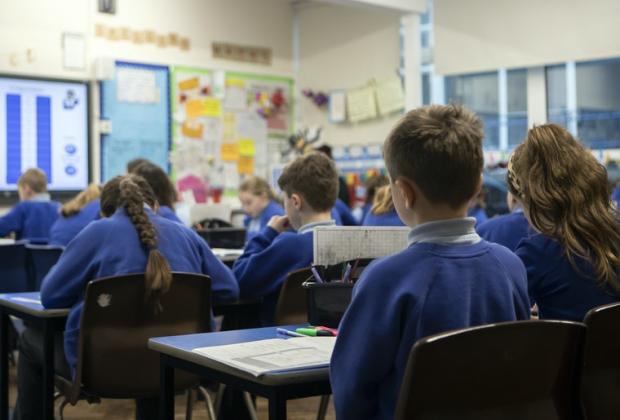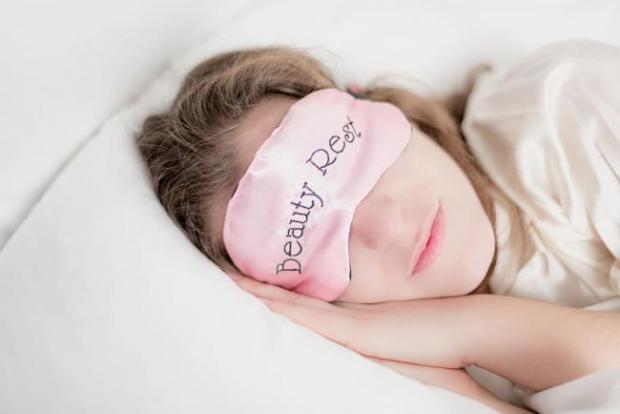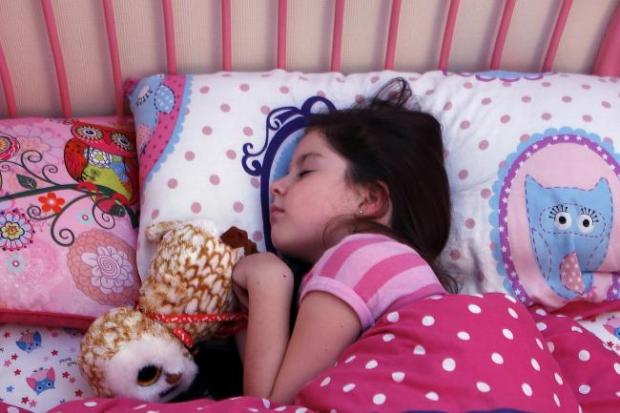
A charity has outlined four simple tips to help children and young people get to sleep ahead of the return to school.
For thousands of people across the country, this week marks their first time in a classroom since March.
And with the pressures of returning to school and the drastic change from lockdown life, many might find it hard to fall asleep.
Sleep Scotland, a charity organisation working to address sleep issues in children and young people, says that lockdown has resulted in youngsters experiencing poor sleep.
 Schools are back in Scotland this week
Schools are back in Scotland this week
“There are many factors affecting sleep but a crucial one is our Circadian rhythms,” they said.
“Our circadian rhythms are the physical, mental and behavioural changes that follow a daily cycle.
“Nearly every cell and tissue has its own rhythm, controlled by our biological clocks.
“If our biological clocks are disrupted it can affect our circadian rhythms, and these changes have been linked to lots of other issues, including over activity, depression and obesity.”
They have set out four important factors for parents to pay attention to, in order to get your child’s sleep back on track for the return to school.
Light
According to Sleep Scotland exposure to light at the wrong time can shift sleep and wakefulness – causing your brain to be alert.
Their guidance says: “Make sure your room at bedtime is dark. Reduce light from the hall. Make sure there are no electronics sending out light e.g. a digital alarm clock with a lit display, sleep buttons on equipment etc.
“You may want to put black curtains at the window or wear an eye mask to limit the light getting into the eye.”
 Sleep Scotland suggests wearing an eye mask
Sleep Scotland suggests wearing an eye mask
On the other end, you should also get lots of light in the morning to help you feel awake and alert.
They added: “Exposure to light at the right time helps keep the circadian clock on the correct time schedule.
“Make sure you open the curtains and turn on the lights if you need to. Going for a walk is a great way to start the day.”
Routine
It is only natural that during lockdown many of us have found that we have lost our routine and have been staying up later and lying in bed longer in the morning.
Sleep Scotland said: “Your body clock works best when you stick to a schedule.
“In an ideal world, you’ll go to sleep and wake up within a half hour of the same time each day, even on weekends.
“The routines of the day also give us powerful signals and demands that the body remain alert for certain tasks and events.
“Regular waking and bed times, alongside regular meal times are very important for regulating your body and its functions.”

Sleep Pressure
Sleep pressure is the term used to describe the feeling of tiredness we have, due to the activity we undertake through the day.
Sleep Scotland say it is important to be active in order to make sure we create the sleep pressure and drowsiness that will help us to fall asleep.
They argue that having a nap can relieve our sleep pressure, meaning we find it harder to fall asleep at bedtime.
Take a tech break
Naturally during lockdown many of us have resorted to using screens to help keep us entertained, to work and to socialise with friends.
And while most modern tech has a blue light filter, it does not filter all light.
More importantly, the things you do online are usually things that stimulate your brain and make it harder to turn off when you get into bed.
Therefore, Sleep Scotland say you should unplug from all screens at least an hour before bedtime.
They added: “In the hour before bed, ensure you focus on doing things that are calming.
“Now is the time to read, draw, do some calming exercises, have a warm bath etc…”